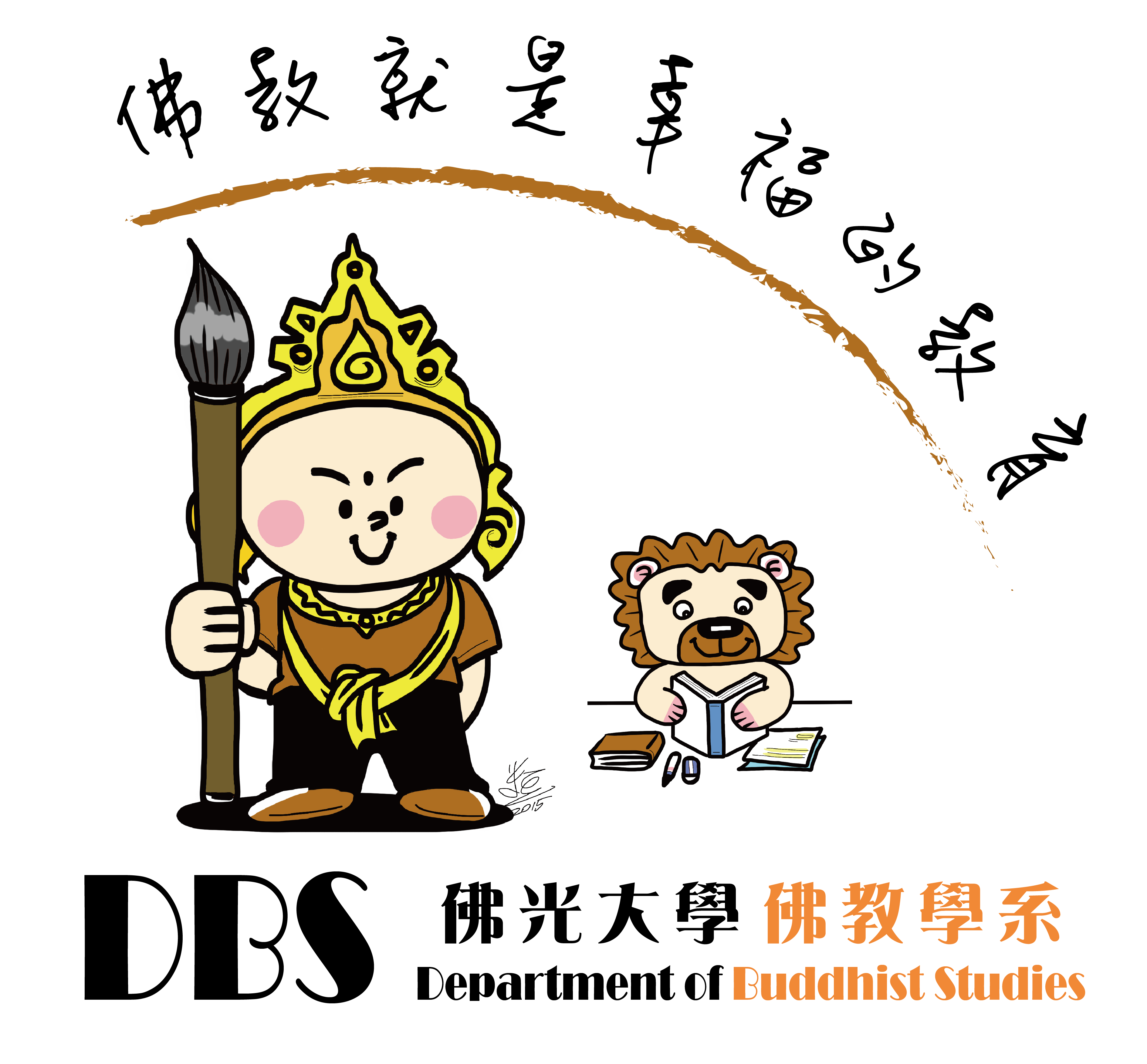Text and Images / #Lin Bo-An, #Venerable Hui Yu, #Venerable Hui Shen
As part of this semester’s Chinese-Tibetan translation lecture series, on June 15 we were especially honored to welcome the Venerable Ugyen Tenzin Rinpoche from Bhutan to the Department of Buddhist Studies, who personally introduced and demonstrated the Tibetan ethnic tradition of bamboo pen calligraphy. The abbot of Lin Mahayana Buddhist Society in Taipei, Sera Mey Lharampa Haxin Rinpoche, along with Chairwoman Wu Shujun and several members of the Buddhist society, also joined us in this rare hands-on bamboo pen experience.
On the same day, June 15, we also held the closing ceremony of the Chinese-Tibetan Translator Training and Translation Program. Professor Hsiao Chih-Long shared his early experiences learning Tibetan, expressing heartfelt admiration for the dedication and diligence of today’s students. He encouraged everyone with the words: “As long as you keep walking the path of learning, you will surely succeed.” He emphasized that the door to this course will always remain open to those who are willing to learn.
He also quoted from “On Karmic Vows and Causal Conditions”, highlighting that when learners cultivate harmony and mutual support between students and teachers, even if they don’t meet often, the memory of what has been learned will keep the presence of Buddhas, Bodhisattvas, and teachers alive in their hearts.
Rinpoche Haxin offered the following teaching: “The seed of Chinese-Tibetan translation has already taken root in your hearts. From now on, it is up to you to nurture it with dedication—fertilize and water it well, and it will surely blossom and bear fruit.” He added that while he often receives thanks from students, the gratitude should truly go to the entire Lin Mahayana Buddhist Society. Rinpoche represents only a symbol—behind this name are countless silent benefactors and great Bodhisattvas who give selflessly.
Rinpoche remarked that although the great masters who once devoted themselves to scripture translation are no longer physically present, their spirit and merit still flow through the world, nourishing future generations of Buddhist disciples. “Even if you only translate a single stanza of four lines, it can have a life-long and far-reaching impact.”
He also shared that since the Buddhist society began operating more than a decade ago, it has upheld three guiding principles:
-
Translation: continuously engaging in scripture translation;
-
Education: teaching and course organization, which he sees as his responsibility;
-
Charity: unceasing commitment to good deeds.
Rinpoche believes that this three-year Chinese-Tibetan program is only the beginning, and it will certainly continue for five years, ten years, or even longer.
Finally, Rinpoche expressed sincere gratitude for the full support of Fo Guang University: “The Buddhist society merely subsidized tuition fees—without the facilities and resources provided by Fo Guang University, none of today’s achievements would have been possible.” He also conveyed the heartfelt sentiments of Chairwoman Wu Shujun, who was deeply moved by the welcoming performance of the guzheng ensemble and was impressed by the energy and enthusiasm of the students. She felt that the Buddhist society had taken an important step forward in nurturing talents for Chinese translation of Buddhist texts.
Professor Sonam Wangyal, continuing Rinpoche’s remarks, shared his own experiences and challenges on the long path of talent cultivation. He expressed deep gratitude for the compassionate sponsorship by the Lin Mahayana Buddhist Society, and offered high praise for Professor Hsiao’s steady and solid teaching, which brought stability and confidence to the class. He also expressed special thanks to every individual who contributed to the successful implementation of the program.



 College and Department of Buddhist Studies, FGU
College and Department of Buddhist Studies, FGU